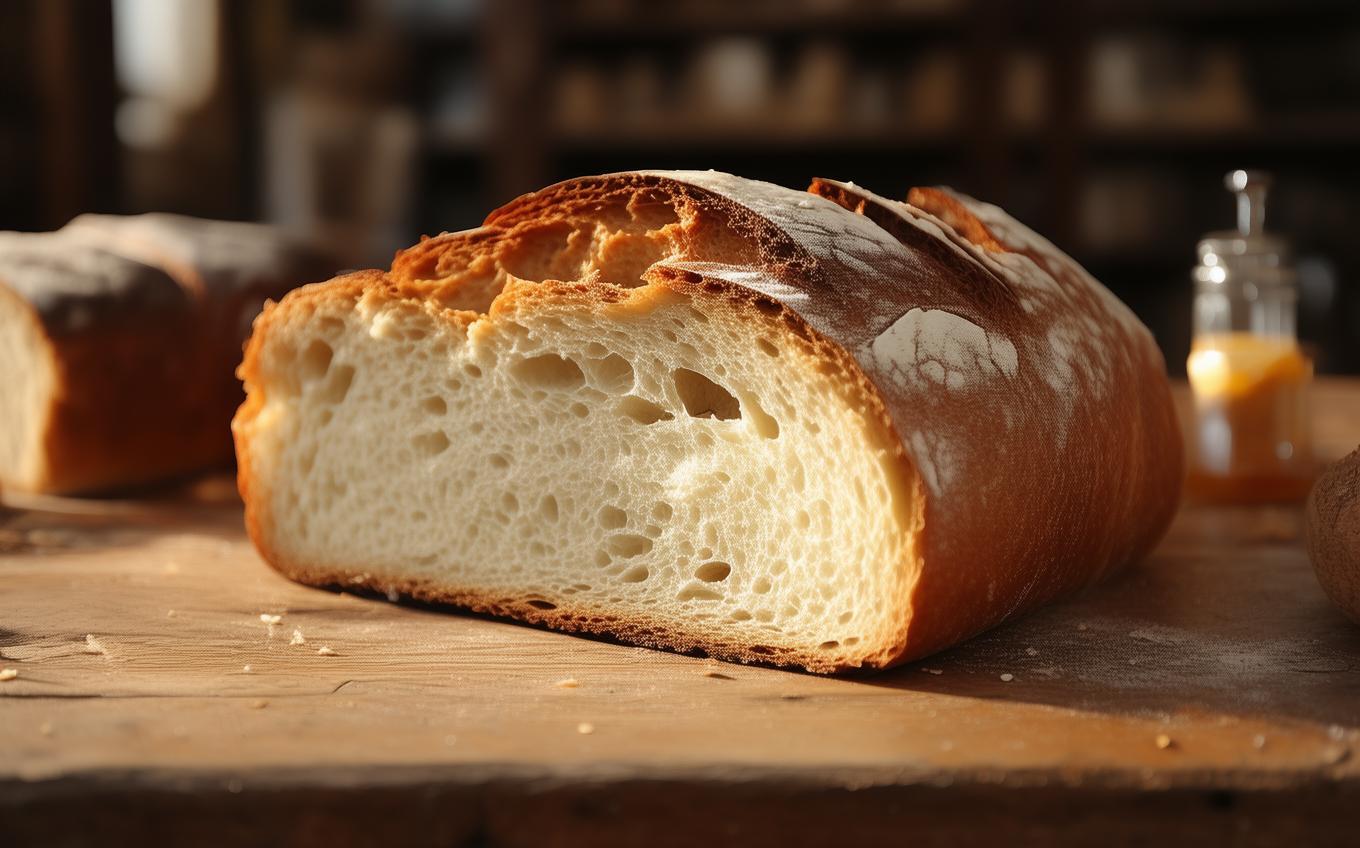Understanding "面包" - Chinese Word Explanation
1. Basic Information
- Word: 面包
- Pinyin: miànbāo
- Literal Meaning: "flour" (面) + "package/wrap" (包)
- Primary Meaning: "bread" (a staple food made from flour, water, and yeast, typically baked)
2. In-depth Explanation
Context and Usage
"面包" is the general term for bread in Chinese, covering everything from sliced bread to artisanal loaves. It is commonly used in daily life, especially in urban areas where Western-style bread is popular. Unlike in Western cultures, where bread is often a dietary staple, traditional Chinese cuisine relies more on rice or noodles. However, "面包" has become increasingly common due to globalization and the influence of Western food culture.
Character Breakdown
- 面 (miàn): Means "flour" or "wheat." It can also refer to "noodles" (面条) or "face" (脸面) in other contexts.
- 包 (bāo): Means "to wrap" or "package." It can also mean "bun" (包子) or "bag" (背包). Together, the characters suggest "flour wrapped" or "flour package," reflecting the idea of bread as a baked product made from dough.
3. Example Sentences
-
Chinese: 我早餐喜欢吃面包和牛奶。
Pinyin: Wǒ zǎocān xǐhuān chī miànbāo hé niúnǎi.
English: I like to eat bread and milk for breakfast. -
Chinese: 这家面包店的面包非常新鲜。
Pinyin: Zhè jiā miànbāo diàn de miànbāo fēicháng xīnxiān.
English: The bread from this bakery is very fresh. -
Chinese: 她买了一个巧克力面包当零食。
Pinyin: Tā mǎi le yī gè qiǎokèlì miànbāo dāng língshí.
English: She bought a chocolate bread as a snack.
Cultural Notes
In China, bread is often seen as a convenient snack or breakfast item rather than a main meal component. Sweet or flavored breads (e.g., red bean, coconut, or sausage-filled) are particularly popular. Traditional Chinese bakeries may offer unique varieties not commonly found in the West. Additionally, "面包" is sometimes used metaphorically to mean "livelihood" or "basic needs," similar to the English phrase "daily bread."
Conclusion
"面包" (miànbāo) is the Chinese word for "bread," combining the characters for "flour" and "wrap." It is widely used in modern Chinese cuisine, especially in urban settings. Remember it as a handy term for bakeries, breakfasts, or snacks!




Comments (0)
No comments yet. Be the first to comment!